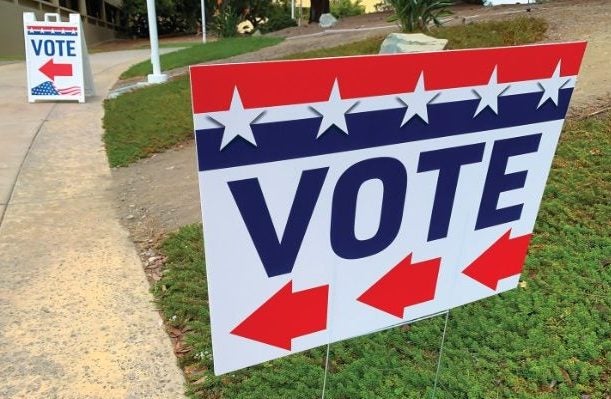Random drug tests administered
Published 12:58 pm Tuesday, November 10, 2015
A random sampling of student athletes was recently drug tested in Buckingham County as part of the new drug testing policy implemented for students in athletics and extracurricular activities.
“The student-randomized drug testing policy is in its first year,” said Division Superintendent Dr. Cecil Snead. “A randomized selection of students was tested a few weeks ago. This is a proactive step towards helping students make correct choices in their life.”
Snead did not say whether any students tested positive.
Snead said if a student tests positive for a substance, “counseling and supports are offered to ensure the said student is better positioned to make healthy choices in the future.”
“A student-athlete becomes eligible for drug testing upon being listed on the Middle School Team Roster List for middle school students and the Virginia High School League (VHSL) Master Eligibility List for high school students,” states the policy.
At its July meeting, the Buckingham County School Board approved the new policy.
According to Buckingham High School Athletic Director Dr. Jeff Garrett, 10 percent of participating student athletes are randomly tested through a third party agency at the determination of school division.
“If a student goes extracurricular, such as football, basketball, track, SCA, FBLA, etcetera, not co-curricular … a student no longer has that reasonable right to privacy once they enter into extracurricular activity,” Snead said in July, citing case law, after noting that all students enrolled in the division have a right to privacy absent reasonable suspicion.
Rosters and rolls for participating organizations are submitted to the third party agency, and the agency randomly selects students for drug testing, he said.
Students are tested for a variety of substances including nicotine, alcohol and illegal drugs.
Garrett said the third party agency would show up at the school’s discretion to randomly conduct the drug testing in the nurse’s office.
“It should be noted that the students have privacy rights, and staff involved in the process are in compliance with those privacy rights,” Snead said.
The purpose of the new random drug testing policy is “to deter our young people from making poor choices,” Garrett said.
A 2014 national survey from the National Collegiate Athletic Association (NCAA) said many students view drug testing as a deterrent. “Approximately 60 percent of student athletes reported that they believe drug testing among student-athletes should continue and that imposing penalties would be fair and appropriate,” the NCAA said.
In the event of a positive test result, a medical review officer will make direct contact with the parent or guardian to resolve any extenuating circumstances, medical or other, that may have contributed to an inability to provide a sample, or a positive test result, cited the policy.
Snead said that while there is not quantitative data available, he believes that the students are weighing the positive and negatives of potential choices. “Thinking through life’s choices and the practice of thoughtful consideration at this age, is a great gift to give our students.”





